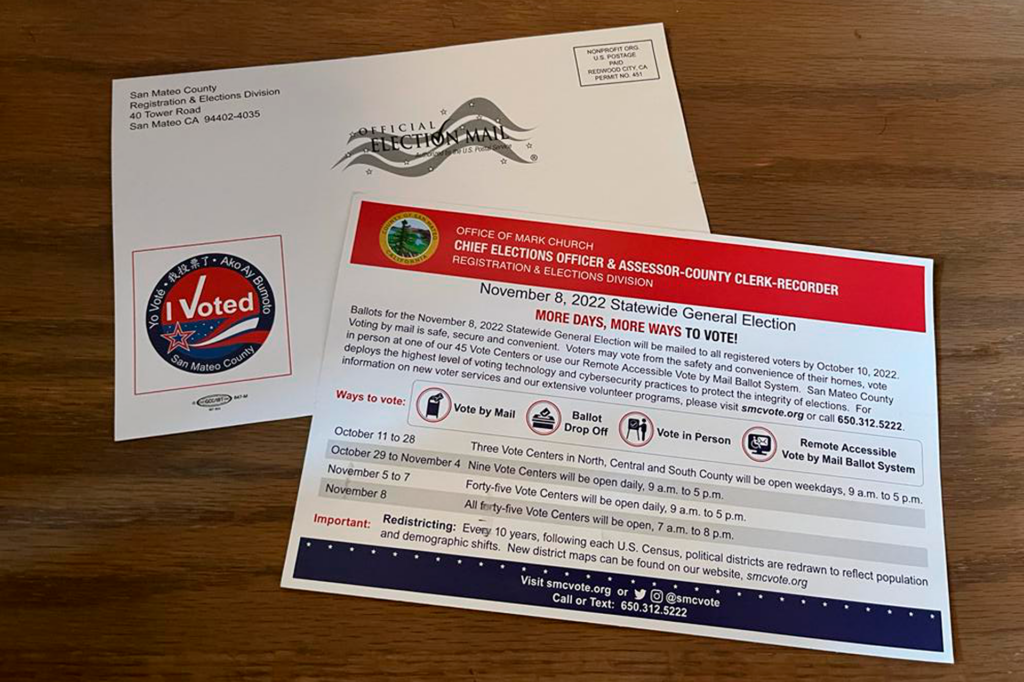
The midterm elections in the United States will be held on November 8, followed by the general election in California, and once voters have begun to receive their ballots, they will be able to decide whether the right to reproductive freedom will be included in the state Constitution.
And it is of utmost importance to know and stay informed about the electoral decisions that could affect the lives of residents in the state, which is why the session was held this Thursday afternoon.
